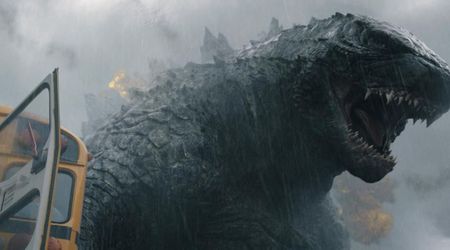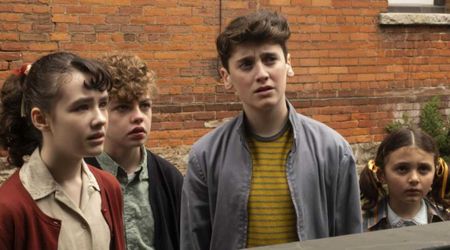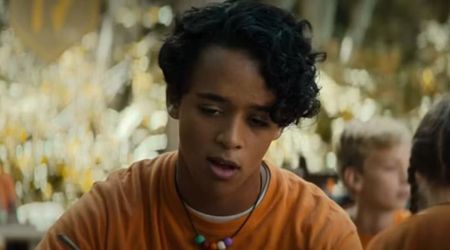HBO's 'Our Boys' vs Netflix's 'The Spy': 2 Israeli creators take contrasting approaches in portraying historical events

Both 'Our Boys' and 'The Spy' draw from historical events that are seared in the memory of Israelis. 'The Spy' dramatizes the life of Eli Cohen, an iconic Israeli spy who operated in the 1960s and whose deeds are part of Israel's mythology.
His intelligence was supposed to have been key to the Israeli triumph in the 1967 Six-Day War that included the capture of the Sinai Peninsula, Gaza Strip, West Bank, Old City of Jerusalem and the Golan Heights. 'Our Boys' is based on more recent events, specifically the revenge killing of Mohammed Abu Khdeir, a Palestinian teenager, in the aftermath of the murder of three Israeli teens by Hamas operatives in the summer of 2014 that led to the 50-day 2014 Gaza war.
Yet, Israel's Prime Minister Benjamin Netanyahu has asked Israeli's to boycott 'Our Boys' as anti-Semitic propaganda, while Act.IL, a worldwide pro-Israel campaign backed by the country’s government, asked Twitter users to share and promote 'The Spy' trailer. The difference in the reception of the two shows points to the dramatically contrasting creative choices made by the shows' creators.
HBO's 'Our Boys', co-produced with the Israeli network Keshet, was developed by Golden Globe winner Hagai Levi. His primary concern was to turn the lens on himself and Israeli society and look at prevailing prejudices and Us vs. Them narratives squarely in the eye.
Eager to present both the Israeli and Palestinian perspective on the same canvas, he brought in, as co-directors, a Palestinian, Tawfik Abu Wael, and an Israeli, Joseph Cedar. All three spent hours thrashing out the episodes between them, based on Levi's research and script, to perfect the near-anthropological tone of the series.
By tracking multiple and minute character interactions (that also explore the divisions within the Jewish populace), the show lays bare the always-bubbling prejudices around identity, triggered by traumatic events that center around nationhood and belonging. It is an attempt to understand what living cheek and jowl with the "enemy" has meant for both Israelis and Palestinians.
Politics, both personal and national, is at the heart of the 10-episode miniseries that tries to be objective and honest about the hatred and passions that fueled the 2014 Gaza war. Gideon Raff's 'The Spy' is a totally different animal. According to Raff, he "grew up with his story" like many Israelis have.
Instead of a political angle, he wanted to explore the human dimension of the spy Eli Cohen so that people watching the show could connect with his story and his sacrifices. Therefore, instead of a political story, the series became a sentimental ode.
Raff's creative decision not to be objective is linked to the fact that Eli's wife, Nadia, is still alive and also the high regard in which Eli Cohen is held in Israel. For the viewer of this series, firmly entrenched in Eli's perspective, the Arabs are the enemy.
Raff also devotes a large chunk of the narrative on Eli's relationship with his wife and family to underline the sacrifice he made for his country. He chooses to censor Eli's love life in Damascus as Kamel, where he cultivated as many as 17 lovers from high-ranking Syrian families.
Overall, Raff is more interested in creating a sympathetic portrait of Eli Cohen and any details that could take away from this perfect spy, family man and Israeli image is dropped or glossed over. No wonder 'The Spy's' sympathetic take on an Israeli hero is far more palatable to Israel's ruling party than the deeper introspection offered by 'Our Boys'.
'Our Boys' airs every Monday at 10 p.m. 'The Spy' was released as a miniseries on Netflix September 6 and is available for viewing.










